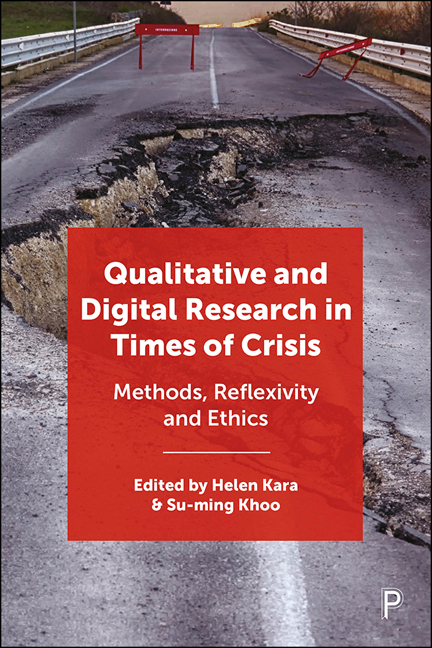5 - Practice-based research in times of crisis: weaving community together during lockdown
Published online by Cambridge University Press: 13 May 2022
Summary
Introduction
The COVID-19 pandemic marked 2020 with a range of challenges for researchers and any projects they had going. For example, material culture research is inherently location-based with many objects accessible via museums and collecting institutions like libraries and galleries or among the creators in communities and studios. With cultural institutions having to close in order to protect staff and the public and community borders shut to protect vulnerable populations, it would be reasonable to think that it would be no longer possible to conduct material culture and collections research. However, by shifting the examination of objects away from museums and towards a more practice-based exploration, material culture research can continue in new and innovative ways. This chapter explores the method of practice-based research in material culture studies during a time of crisis and all the benefits as well as ethical considerations that need to go into its execution. Practice-based research can be an effective method of exploring and learning as long as one understands the necessary cultural and ethical considerations.
For researchers engaging in material culture projects, practice-based research is the act of physically creating works in order to become informed about and educate themselves about the techniques of construction. Crucially, it is not the re-creation of museum objects, nor is it a lens into understanding people's motivations or desires. It is not a wholly phenomenological approach where understanding of an artist's subjective processes is attempted. Instead, practice-based research develops a greater sense of how to appreciate the works found in museums collections through understanding the physical actions involved in creation. The physical skills and Indigenous technologies that exists within each work are connected to researchers in profound ways.
Although this chapter is fundamentally about research practices, it must also acknowledge another aspect of the COVID-19 crisis which this writing addresses. The pandemic adversely affected Indigenous peoples across Australia. Cut off from seeking out community members, fear for Elders vulnerable to the virus and the sudden cessation of normal connections to our families and friends created an environment where many were locked inside their homes.
- Type
- Chapter
- Information
- Qualitative and Digital Research in Times of CrisisMethods, Reflexivity and Ethics, pp. 78 - 92Publisher: Bristol University PressPrint publication year: 2021



